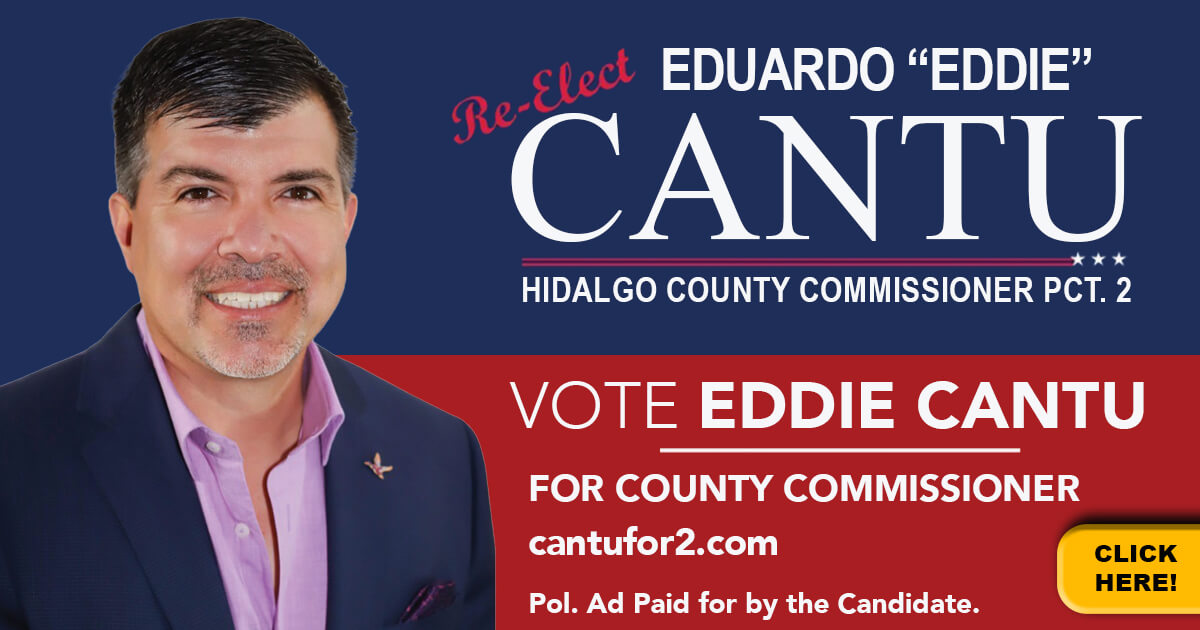
Texas Border Business
By Roberto Hugo González
On the evening of February 6th, 2024, inside the storied walls of the Kremlin, Tucker Carlson, hailed as one of the world’s preeminent newscasters, sat across from Russian President Vladimir Putin for a conversation that would captivate audiences worldwide. The interview, promptly shared on the social media platform “X,” offered an in-depth look at the ongoing conflict in Ukraine—a subject of global concern and debate.
Carlson, known for his direct and probing interview style, did not shy away from asking the tough questions. The core of his inquiry was straightforward yet profound: “Why did you do this?” This question, referring to Russia’s military actions in Ukraine, set the stage for an extensive dialogue that went deep into historical context, Putin’s personal views, and the broader implications of the conflict.
Putin’s response was a journey through centuries of Russian history, from its origins in the 8th century to modern times. He articulated a narrative of a Russia threatened by NATO’s eastward expansion and justified the military actions in Ukraine as a defensive measure against what he perceived as an imminent threat to Russian sovereignty. This detailed historical exposition, while seen by Carlson as potentially a filibustering technique, was, according to Putin, sincere, highlighting a belief in Russia’s historic claim to parts of Western Ukraine.
The interview also touched upon pressing global issues, including the consequences of sanctions on Russia, the potential for artificial intelligence and genetic engineering to reshape societies, and the future of global currencies in the face of the dollar’s declining dominance. Putin criticized Western policies and sanctions as counterproductive, emphasizing the need for a multipolar world where cooperation replaces confrontation.
Moreover, Putin expressed a readiness for negotiation and resolution regarding the situation in Ukraine, attributing the lack of progress to Western and Ukrainian unwillingness to engage in dialogue. He portrayed Russia as open to discussions, suggesting that the ball is in the West’s court to make the next move towards peace.
The conversation ventured into philosophical territories as well, with Putin reflecting on the role of Christianity and traditional values in Russian society. He discussed the impact of religion on his leadership and policies, presenting a vision of Russia as a nation deeply rooted in Orthodox Christian beliefs, which he argued, aligns with the country’s approach to the conflict and its aspirations for a peaceful resolution.
The interview concluded with Carlson proposing the sensitive issue of Evan Gershkovich, a Wall Street Journal reporter imprisoned in Russia. Putin hinted at the possibility of Gershkovich’s release, tying it to the broader context of Russian-American relations and the potential for reciprocal actions by the United States.
This historic interview offered a rare insight into Putin’s perspective, blending historical justification with a contemporary analysis of the geopolitical landscape. Whether one agrees with Putin’s views or not, the conversation with Carlson serves as a crucial document for understanding the complexities of the war in Ukraine and the intricacies of international relations in the 21st century. Watch the interview:













